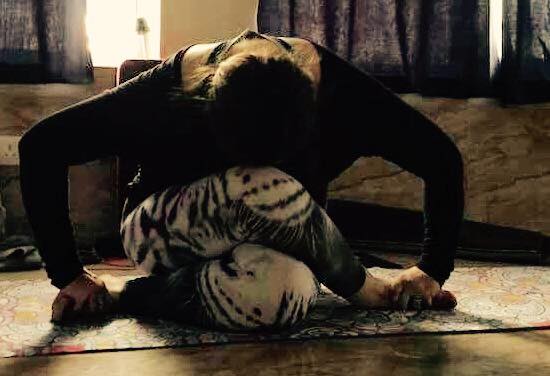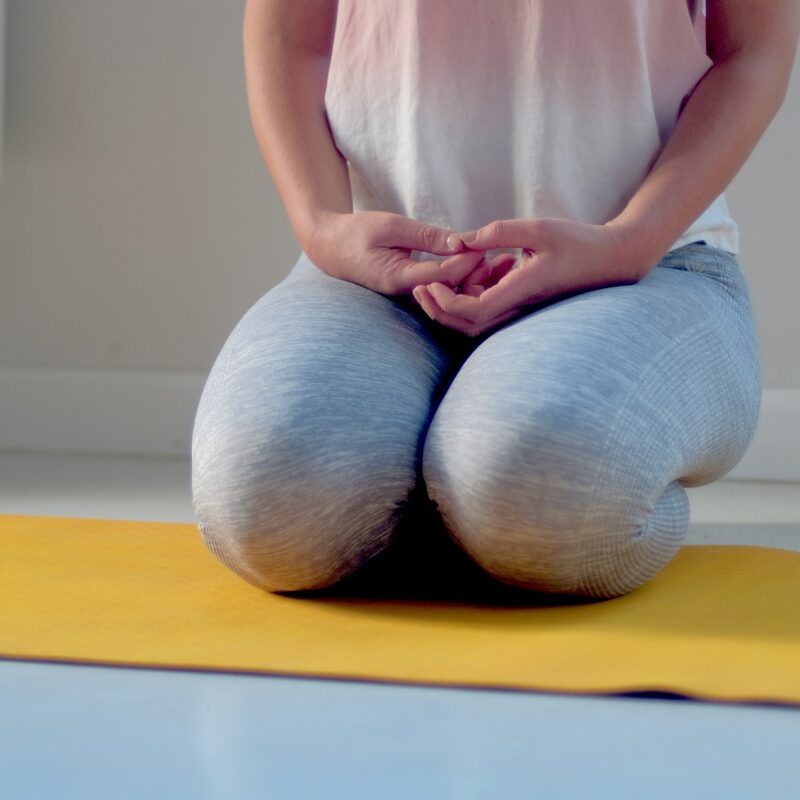MEDITATION MADNESS
Interest in meditation, mindfulness, and quiet contemplation has grown to new heights in recent years. Rather than being mystical practices from ancient Buddhism philosophy, they are increasingly seen as both commonplace everyday practices in addition to scientific technologies.
Even more so than Meditation, Mindfulness has enjoyed a rise in popularity, becoming a life-style choice for many and all. Mindfulness is big business. But, Meditation / Mindfulness – what’s the difference. In short – Meditation is the art of letting go, Mindfulness is being fully present in the moment.
Zen Buddhists refer to the constant chatter of the mind as monkey mind. Buddha believed that our minds are filled with mischief making monkeys. These monkeys are chattering nonstop, in constant movement and motion.
But, what is ‘mind chatter’? Any of this stuff sound familiar?
– The past, negative hurts, regrets
– The past and letting the mind only live in a loop of non-productive pleasure.
– Judging each present moment as it comes – good enough, thin enough, enough money, enough time etc.
– The never-ending to-do list (right now, later, tomorrow, before the end of the year, next year).
– Fears, rational and irrational.
– The future encompassing all of the above ideas.
YES? This monkey mind is difficult to slow down, and all the negativity that it brings affects our mood. Concentration becomes impossible and it has a negative impact on our lives, relationships suffer, poor decisions are made, and life gets overwhelmingly stressful. However, the good news is that your monkey can become calm, maybe even likeable if you know what it is upto.
How I made friends with my Monkey Mind
Before Meditation
I came late to the meditation party. True story, I used to enjoy stress. I felt that it kept me interested in moving forward. Kept me edgy and fast. Also, I felt that people who exalted the benefits of meditation were just feeling superior, or maybe faking it. But, I wanted to meditate, deep down I felt drawn to it, but I didn’t know how to mesh my life with meditation practice. Even as I deepened my understanding of yoga asana and began my first YTT, I was still resistant to meditation.
In hindsight I was resistant to quiet. I was always filling in the gaps of time with background noise, music, tv and chatter of my monkey mind. In truth, I was exhausted. In truth, I was nervous about what might happen if I gave into the quiet.
What would I find there in the silence? Was I ready for that kind of change in my life? I felt it was a mysterious line that I was getting ready to cross, it was coming close and I couldn’t avoid it. I had a date with Meditation. We were old friends, I just didn’t know it yet.
After Meditation
A few years ago, I tore my ACL, painful and very depressing. I had a period of forced rest from physical activity. However, I started reading the many, many unopened yoga books that were decorating my home. I began to explore meditation apps, YouTube videos and searched meditation solutions to cope with pain.
During this time, I also began to gain a deeper interest in Yin Yoga, as my jumpy active, dynamic Vinyasa practice was out of the question so Yin became part of my physical rehabilitation. Then I took a Yin Yoga training with Josh Summers, in fact I took two because once he opened the idea of meditation to me I had to go back for more adding his Mindfulness programme to my studies.
Meditation training unlocked something very exciting that changed the course of my yogic path. I felt I had discovered my meditation, a space to really let the monkey mind run free until it runs out of steam and falls into rest. I allow myself to think about everything until I think about nothing. Everything on the table. Distractions are there. My reaction, however, is new. It’s not the phone ringing, or somebody walking into the room – it’s my reaction to these actions that form the basis for my satisfying meditation practice.
The practice of meditation is VERY personal. To learn to be fully present in each moment of our lives, requires homework and a lot of work on yourself. Being comfortable with yourself and your monkery…. your quirks and your wonderful individuality of personality.
Mindfulness, I discovered I was already doing #truestory
So often we go trudge or even (if lucky) float through the day without being present, responding simply with habitual patterns of impulsivity or reactivity and preconceptions of how things should be. However, I have always a creative person, drawing, painting, crafts – I have always found that my mind enjoys a quiet and methodical rest while the creative process continues. I enjoy my own company, which is helpful. I developed a mindful practice of exploring all daily actions and their wonderful ordinariness. Once you become aware of your actions they can take on a whole new life, while doing laundry – remembering the day you bought that favourite dress, a jumper that might have belonged to a loved one etc. If I want to watch a film or TV show, put the phone away and enjoy it without googling every actor as they come on screen.
But being Mindful does not mean only sweetness and joy. Even when experiencing extreme rage or sadness I found taking the moment to explore that feeling has become informative. Sometimes stopping to really feel the unpleasant emotions can allow them to pass without as much emotional fall out. Happy triggers and Unhappy triggers can be recognised and appreciated as part of the human experience.
We can bring mindfulness into our daily life simply and easy, but first we need to make friends with our monkey mind, accept it.
Here are 5 Mindful and Meditative Methods of building a friendship with your Monkey Mind
– now that’s a lot of M’s to add to your peace-seeking Om.
Meditate.
Meditation is the most effective technique you can use to calm your monkey mind. Create a daily practice of meditation and you will gain power over that monkey brain.
Recite a Mantra.
First find a mantra that works best for you, focus it on a word, phrase, or sound. So, depending on where you are you can recite aloud. Make it positive. Make it your theme tune. Hear it, know it let it absorb all other thoughts and feelings.
Put Your Mind in Gear.
Give your mind an activity, keeping a diary, painting, cycling, running, yoga practice, a movie or book. An engaged mind is completely focused. There are two layers to this as you can see from the examples – busy body or busy mind activity. Your Monkey has a variety of personalities. Learn them and adjust your activity accordingly.
No Judgements.
Starting with yourself. Watch out for the self-depreciating monkey. Being critical of ourselves and others really feeds the hungry monkey. Judgements can really unravel the mind, so become aware of negative patterns concerning jealousy, greed, judgement and criticism. This is like candy mixed with crack for our Monkeys. Recognise it and put one of the above activities in motion.
Make Friends with It.
Your Monkey Mind is like a sibling, very annoying but impossible to really and truly eradicate from your mind forever. So, know it is here to stay. Once you understand this fact then it is easier to comprehend a happy healthy relationship with this mischief. This means when your brain starts to sizzle, just say ‘hello Monkey, I was expecting you to turn up – but I’m sorry I have other plans today’.
Shape your monkey mind
Beyond that you can start to enjoy the benefits to taming your monkey mind in the shape of 5 simple but often elusive states:
Calm
Clarity
Focus
Happiness
Sleep
I often work with Yoga Beginners of all age ranges, I work with illness and injury and cancer patients and survivors. These 5 benefits are the most sought-after goals. However the Monkey Mind is a sitting tenant who has had too much say for too long.
There is a fear that Mindfulness and Meditation practices will make them ‘soft’.
Like I once was, many of my students are nervous of what beginning a yoga/ meditation/ mindful practice means – a life of a monk? Will it smell of jasmine? Will I eat lentils, Can I still get angry? Can I have a beer? Can I wear high heels and meditate?
Will my family think I’m gone mad…?
And, the answer is yes (remember ONLY you are in control of this)
Make friends with your Monkey mind. I absolutely LOVE mine.




2 Comments
Hi Alison, great post, thanks. I’m in a similar position to you after your ACL injury; I just sprained my ankle so I’m stuck at home lying around. Injury and illness is often the time when monkey mind can misbehave the most – so I’m using the downtime on the cushion! As you say, it’s important to make friends with our experience, rather than pushing it away or fighting it. Thanks for the reminder!
Thank you so much.
I hope you are recovering well. Be kind to yourself. X